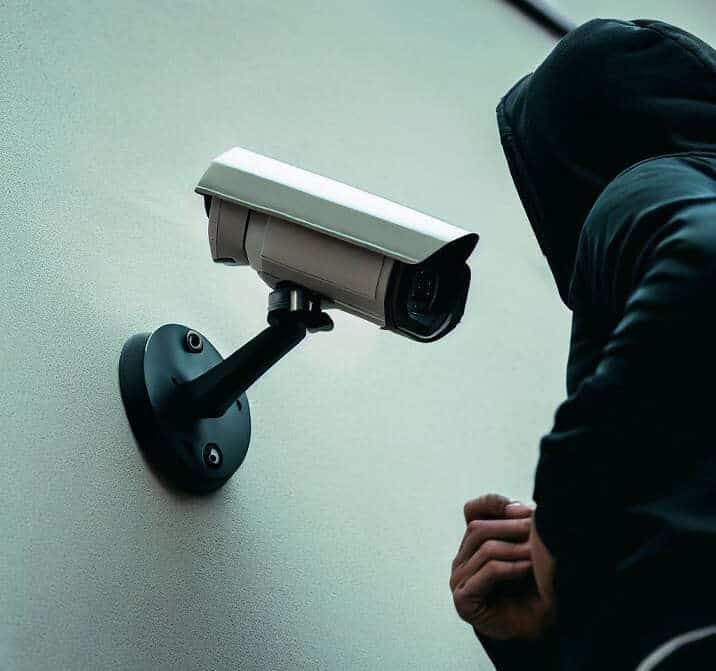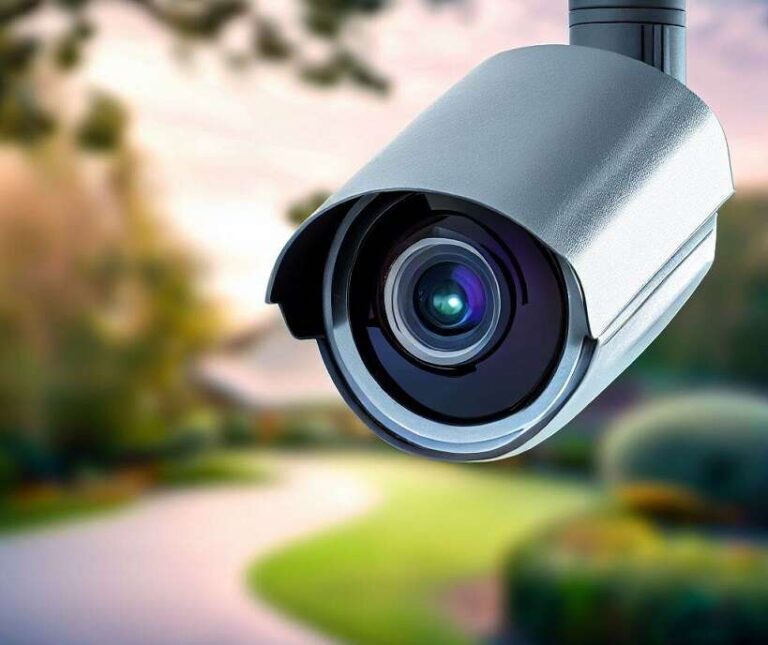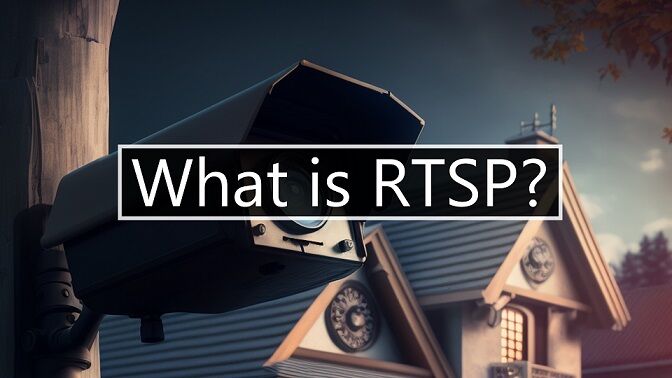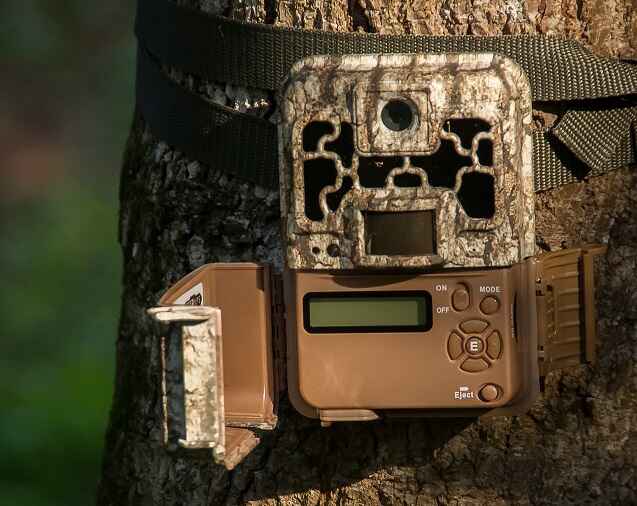What is License Plate Recognition (LPR)?
License Plate Recognition (LPR) technology has rapidly evolved in recent years, garnering increased attention from governments, law enforcement agencies, and private businesses alike. This technology enables the automated identification and recording of vehicles’ license plate numbers, streamlining processes and enhancing security in various domains.
In this article, we will delve into the intricacies of LPR technology, exploring its applications, benefits, and potential concerns.
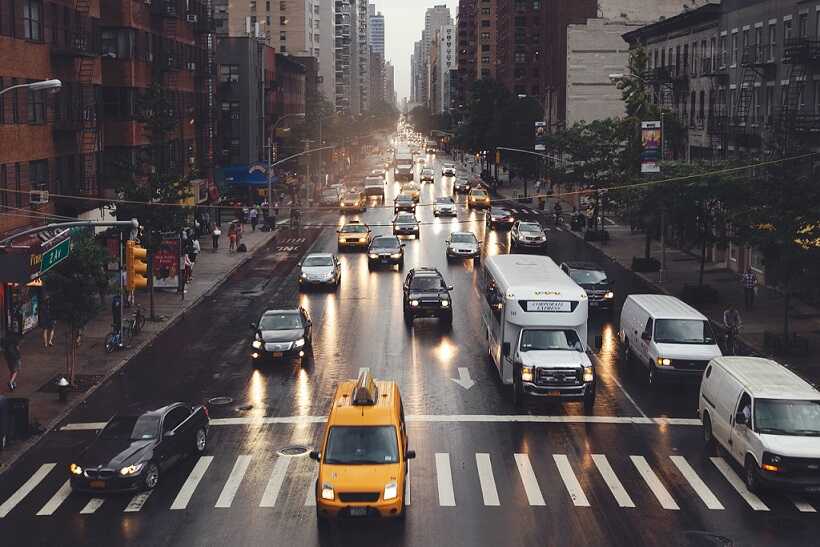
Understanding LPR Technology
LPR is an image-processing technology that uses algorithms to extract and recognize license plate numbers from digital images or video feeds. It employs advanced techniques such as optical character recognition (OCR), machine learning, and computer vision to accurately identify and interpret license plate characters.
The LPR process involves several stages:
- Image acquisition: A digital image or video feed is captured using specialized cameras, typically mounted on vehicles, roadside structures, or handheld devices.
- Pre-processing: The acquired images undergo various enhancements, including noise reduction, contrast adjustments, and resizing to improve the overall quality.
- Plate localization: The region of the image containing the license plate is identified and isolated.
- Character segmentation: The individual characters on the license plate are segmented and extracted for further analysis.
- Character recognition: OCR algorithms are applied to recognize and convert the characters into machine-readable text.
- Data storage and analysis: The recognized license plate information is stored in a database, where it can be cross-referenced, analyzed, or shared as needed.
Applications of LPR Technology
LPR technology has been adopted across numerous sectors due to its versatility and effectiveness. Some common applications include:
- Law enforcement: LPR systems assist in tracking stolen vehicles, identifying vehicles involved in crimes, monitoring traffic violations, and enforcing parking regulations.
- Toll collection: LPR technology enables automated, non-intrusive collection of toll fees, reducing wait times and enhancing efficiency.
- Access control: Gated communities, private parking lots, and restricted-access areas can use LPR systems to grant or deny entry based on pre-authorized license plates.
- Traffic management: LPR data can be used to analyze traffic patterns, identify congestion points, and optimize traffic flow.
- Marketing and customer analytics: Businesses can utilize LPR data to study customer habits, frequency of visits, and other valuable insights for targeted marketing strategies.
Benefits and Concerns
The benefits of LPR technology are numerous. It improves efficiency by automating tedious manual tasks, enhances security by monitoring vehicles in real-time, and provides valuable data for various analytical purposes. Additionally, LPR can contribute to environmental sustainability by reducing congestion and emissions from idling vehicles in toll plazas and entry points.
However, the widespread adoption of LPR technology raises concerns about privacy and potential misuse. The continuous collection of license plate data can lead to mass surveillance and tracking of individuals’ movements, posing significant risks to civil liberties. To address these concerns, lawmakers and organizations must develop comprehensive guidelines and regulations to ensure the responsible use of LPR technology.
Conclusion
License Plate Recognition technology has transformed the way we monitor, manage, and analyze vehicular traffic. Its applications in law enforcement, traffic management, and access control have led to improved efficiency, security, and valuable data insights. As LPR technology continues to evolve, it is crucial to strike a balance between harnessing its benefits and protecting individual privacy rights.
Other articles you might like:
7 OF THE BEST AFFORDABLE OUTDOOR IP CAMERAS
Best Wired PoE Security Camera System
Should you use driveway alarms?

